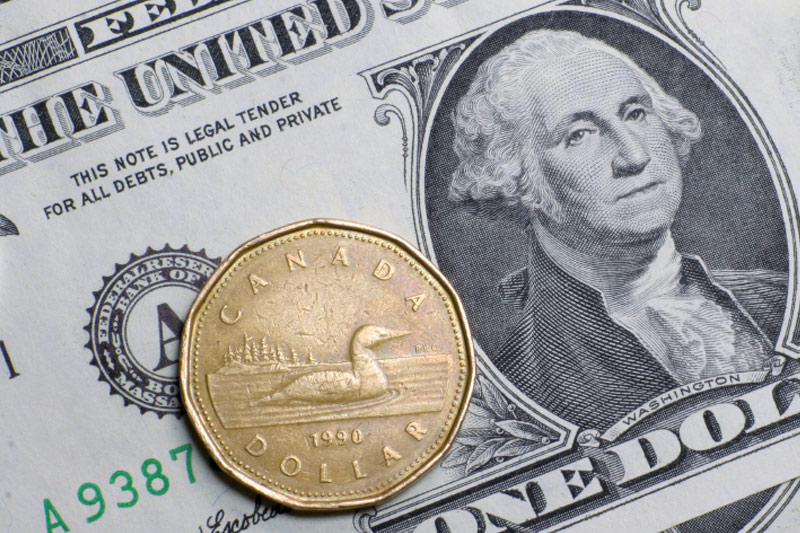Investing.com’s stocks of the week
Investing.com - The U.S. dollar moved higher against the Canadian dollar on Thursday following reports showed that U.S. initial jobless claims rose to a two-month high last week, while U.S. personal spending rose to a more than five year high in March.
USD/CAD hit highs of 1.0996, the highest since Tuesday, and was last up 0.26% to 1.0987.
The pair was likely to find support at 1.0941, Wednesday’s low and resistance at 1.1028, Tuesday’s highs.
Earlier Thursday, the Department of Labor said the number of people filing for initial jobless benefits in the U.S. last week rose by 14,000 to 344,000 from the previous week’s upwardly revised total of 330,000.
Analysts had expected jobless claims to fall by 11,000 to 319,000.
At the same time, the Commerce Department reported that U.S. personal spending rose 0.9% in March, from an upwardly revised 0.5% the previous month and ahead of expectations of 0.6%.
Consumer spending is the single biggest source of U.S. economic growth, accounting for as much as two-thirds of economic activity.
The report also showed personal income rose 0.5%, beating expectations for a 0.4% increase.
The reports came one day after data showed that the U.S. economy expanded at an annual rate of just 0.1% in the first quarter, well below forecasts for an expansion of 1.2%.
Despite the sharp slowdown in growth the Federal Reserve said Wednesday it would reduce its bond purchases to $45 billion a month, in a widely expected decision. The Fed also said interest rates would remain on hold at record lows for a "considerable time" after the bond-buying program ends later this year.
The U.S. central bank acknowledged that first quarter growth was far weaker than expected, but added that growth had started to pick up in recent weeks.
Investors were beginning to turn their attention to the April nonfarm payrolls report due for release on Friday, which was expected to show that the recovery in the labor market was continuing.
Wednesday’s U.S. data overshadowed a report by Statistics Canada showing that the country’s gross domestic product grew 0.2% in February, in line with economist expectations.
Elsewhere, the loonie, as the Canadian dollar is also known, was lower against the euro, with EUR/CAD up 0.28% to 1.5240.
